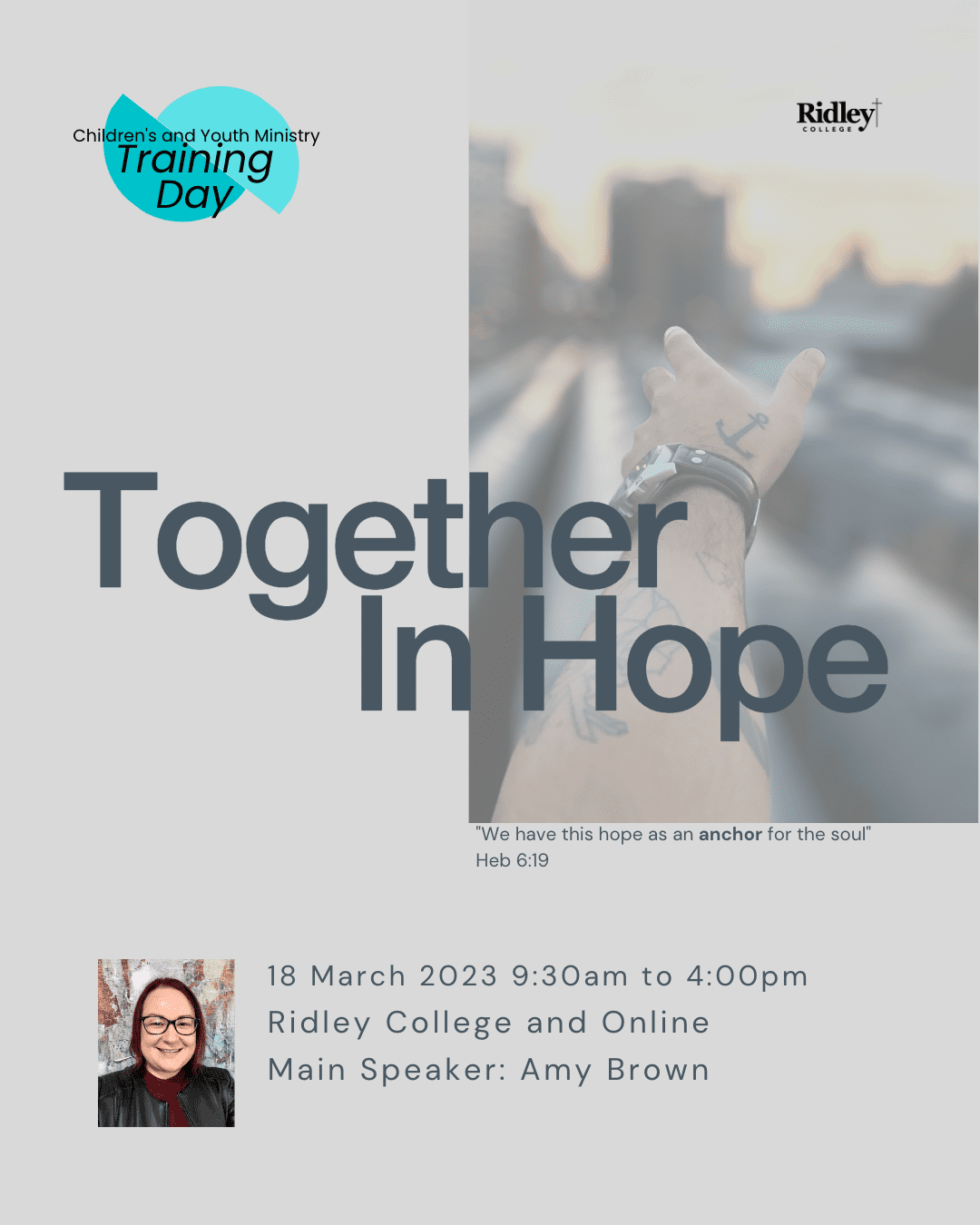Another said to their mentor, “You have taught me it’s OK to wrestle with my thoughts, it’s OK not to have all the answers …. You have really helped me to challenge my faith and to ask as many questions as I need to, to get my satisfied answer. You accept me as I am, questions, curiosities and all.”
Young people are asking for the kind of discipleship that accompanies them through a complex journey. Meanwhile, the Church has spent more time talking about teenagers than talking to them; and more time talking than listening.
It’s been said that to have a better conversation we need to ask a better question. Asking young people to share their stories is a good question. But, as in any good conversation, we also need listen carefully so that we can respond thoughtfully.
The “answer” to generational division doesn’t lie in simply shifting the balance of power from Boomers to Millennials. Yes, older leaders in the church need to create room for younger voices at the table. But if older leaders leave the room, or are forced out of it, we’ll simply be replacing young people being dominated and sidelined with young people being abandoned and neglected.
The life of faith offered in the Bible doesn’t separate the generations from each other or pit them against one another. Scripture presents the religious life of God’s people as an exercise in inter-generational faith transmission – not just everyone being together but everyone working together for the sake of handing on the faith to the next generation.
Faithful and effective ministry among children and young people calls for careful listening and wise responding. The thoughtful response of the Church needs the best of our skills in reading and interpreting the Bible and discerning the implications of our theological convictions in a rapidly changing and increasingly complex world.
Listening to the stories of young people reminds me of Rhoda, the servant girl in Acts 12. Peter has been arrested and imprisoned, and the church has gathered to pray. When Peter is miraculously released, he comes to the house and knocks at the door. Rhoda goes to answer and, “when she recognised Peter’s voice, she was so overjoyed she ran back without opening it and exclaimed, ‘Peter is at the door!’” (Acts 12:14). How often do we hear the reflection:








